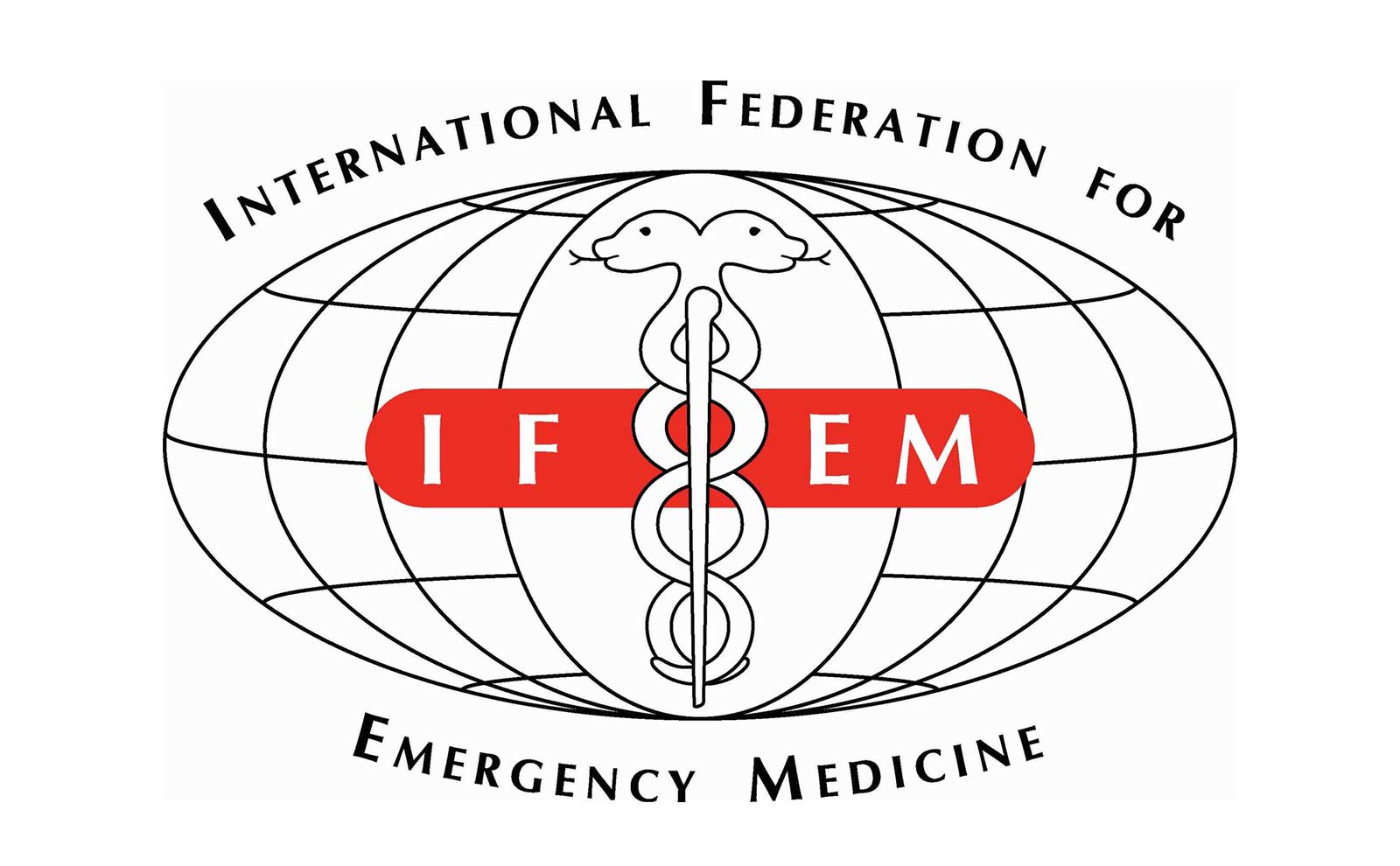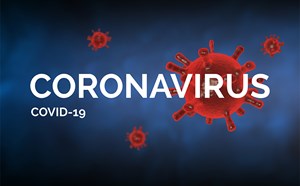
February 6, 2019
International Minimum Standards for Care of Older People Statement from IFEM
“The International Federation of Emergency Medicine, of which ACEP was a founding organization, is the body which represents all the national organizations of countries where Emergency Medicine is both well-established and just starting. In 2014, the Board established a Committee on Geriatric Emergency Medicine to provide a forum for interdisciplinary ED clinicians who are interested in improving the care of older ED patients internationally. Many ACEP GEMS members are active in this international GEM Committee. One of our first tasks was to develop an interdisciplinary consensus statement on what should guide minimum standards of care for older ED patients”
Dr. Don Melady, MSc(Ed) MD CCFP(EM) FCFP
The eight minimum standards set forth by the IFEM:
- The right approach: EDs should recognize that older people are a core population of service users, not defined by chronological age, but by the complex interactions of physical, psychological and social frailty, disease and access to care.
- The right personnel: EDs should identify that adequate care of older people often involves an interdisciplinary and multi-specialty approach to their interconnected medical, social, cognitive, and functional issues, and should have appropriately trained interdisciplinary staff.
- The right environment: EDs should address safety and accessibility issues for older people with the design of the physical environment and available equipment.
- The right decision making: EDs should ensure that the needs and goals of older people are considered at all levels of decision making, recognizing the importance of shared decision making in this age group.
- The right processes: EDs should establish policies and procedures that guide holistic person-centered management of problems common to older people and should promote quality improvement focusing on older people.
- The right support: EDs should facilitate education about the physical, social and functional issues common to older people utilizing evidence-based principles in staff training and development.
- The right results: EDs should actively support patient-centered care that leads to optimal outcomes for older people.
- The right system: EDs should include strategies for safe and effective transitions of care of older people with support from community- and hospital-based services.



